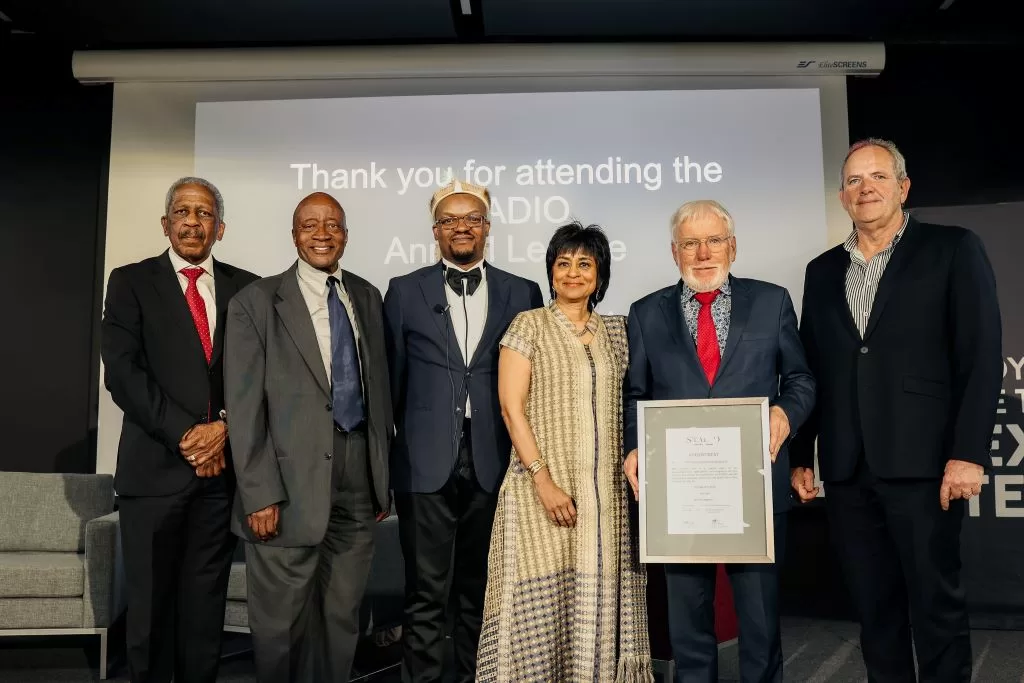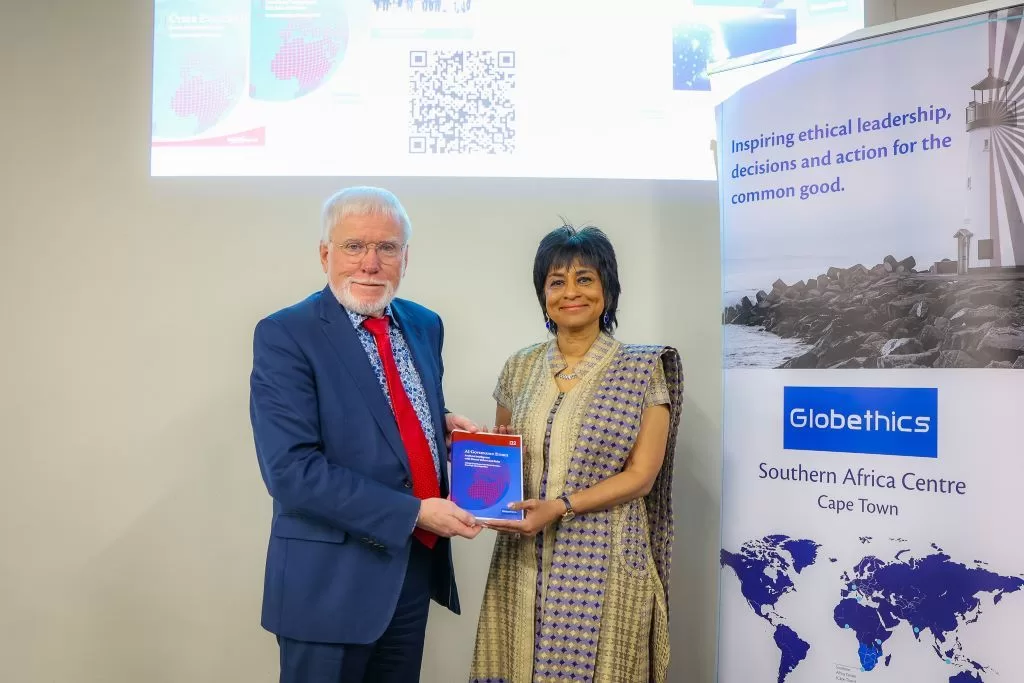STADIO seeks to strengthen ethics in SA academic sector in the age of AI
While Artificial Intelligence (AI) is transforming the way we learn, communicate and work, it comes with challenges too. In the academic environment, educators and policymakers are grappling with how to regulate AI use, as well as how AI will affect ethics more broadly in every sphere of society. These are just some of the issues that Professor Divya Singh, Chief Academic Officer at JSE-listed higher education provider STADIO and Professor Christoph Stueckelberger, Founder and former President of the Globethics Foundation, have interrogated in their work. Their research has culminated in a new book, AI Regulations, Laws, and Ethics book, edited together with Advocate Pavan Duggal. The book will be launched on 9 October, ahead of STADIO’s third annual lecture, set to take place at the institution’s Centurion campus.

Prof Singh sits on the board of the Globethics Foundation as the first Vice President, which aims to assist organisations, and decision-makers to engage and learn about ethical leadership, improving decision-making and action worldwide but specifically in the higher education sector. She explains that the book is the third in a series of Globethics Foundation books dealing with ethics and new technologies, with the first being cyber ethics (published in 2018) and the second on data ethics (in 2023).

The book is for anybody who has an interest in or is working in AI, including practitioners, policymakers, lawyers, C-suite executives, and anyone who has an interest in or an involvement with looking at introducing systems and technology into their business or organisation, as well as students and academics,” she says. “We ask questions like ‘what are your legal responsibilities? What are your ethical obligations?’ The way the book is framed makes it accessible – it’s not a law or IT textbook, but for any person who has is interest in learning about ethics and responsible technology.”
The book explores global trends in regulations around AI, as well as comparisons between different policies and approaches, as well as issues of ethics when it comes to data protection, privacy and intellectual property, among other things. Sourced from a collection of international authors spread across the world, it aims to provide an inclusive and impartial overview.
International guest speaker
Prof Stueckelberger is based in Geneva and will be in South Africa for the launch of the book and to deliver the STADIO annual lecture on the subject “Globalance and responsible leadership in the 21st century”. Other prominent guests in attendance include Dr Mathews Phosa, Dr Vincent Maphai, and Dr Dawie Roodt and the event will also be streamed online to broaden access to those wishing to attend from elsewhere in South Africa or abroad.
Prof Stueckelberger explains that the term “globalance” (a mix of global and balance) seeks to address the need to move away from increasing ideological polarisation around the world. “I try to deliver proposals on value-driven development that explore the values common to us as humanity, from justice to freedom to environmental sustainability to peace,” he says. “I look at how can we implement them – not only in geopolitics, but also in education, in health, and other sectors. My address will explore this theme and also the role of leaders in helping to strengthen this concept of balance and to defeat extremism and polarisation.”
Prof Singh says the publication of the book and Prof Stueckelberger’s address overlap well and tap into STADIO’s objective of helping its students and stakeholders to understand social responsibility and their space in South Africa and in the wider world in this era of AI and technological advancement. “I’m hoping that this engagement motivates our students, and anyone who attends, to see that every one of us has a role to play. Accountability is important, but we must hold ourselves accountable first before we start looking to hold everybody else accountable. Starting this discussion is an opportunity to start thinking about what each of us can do to make a difference.”





























